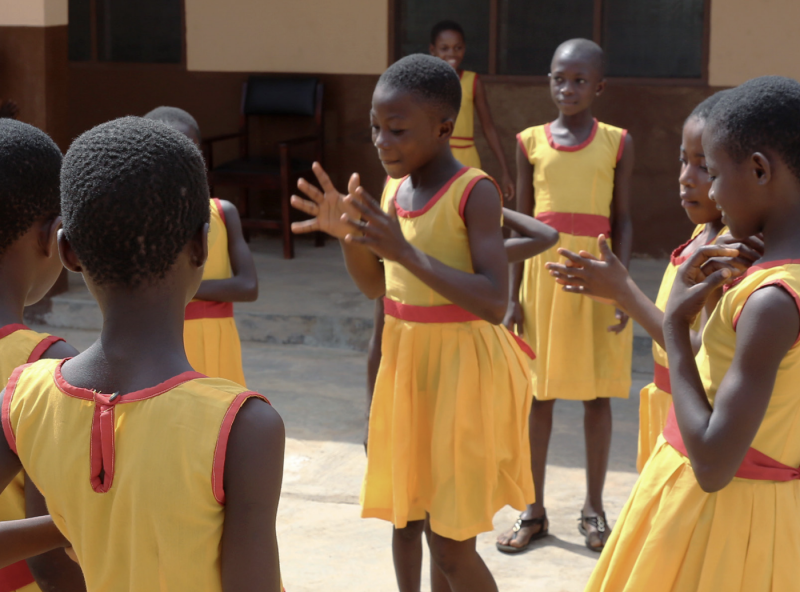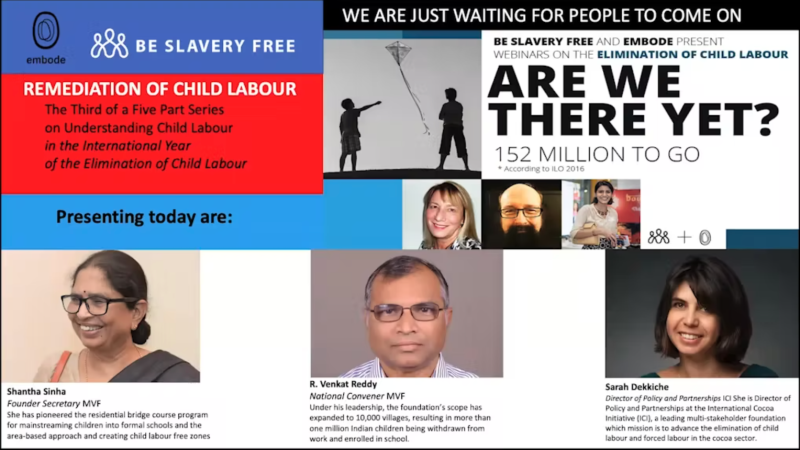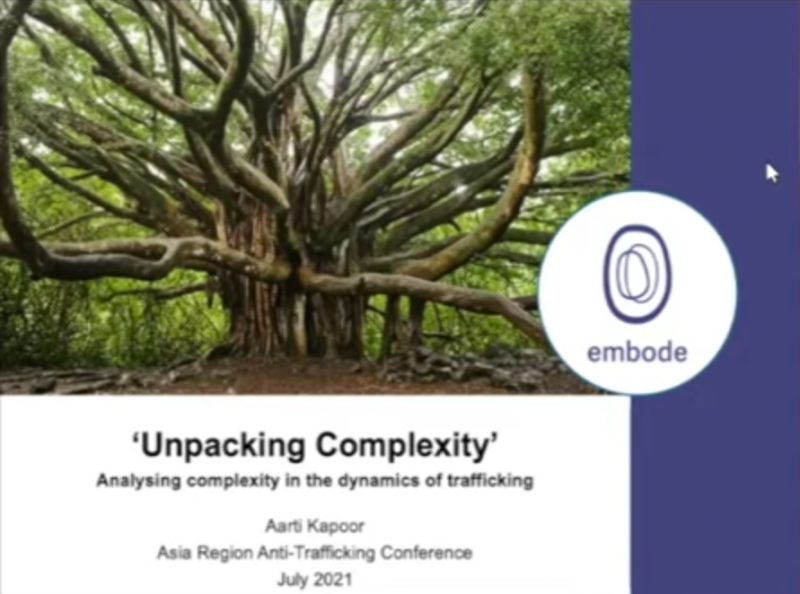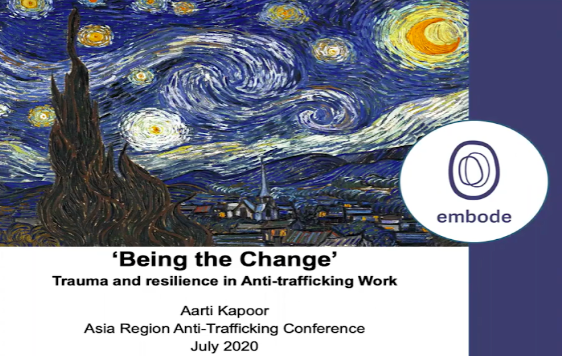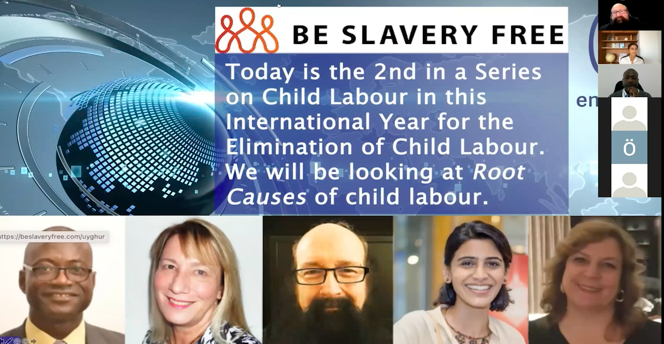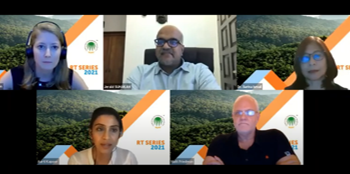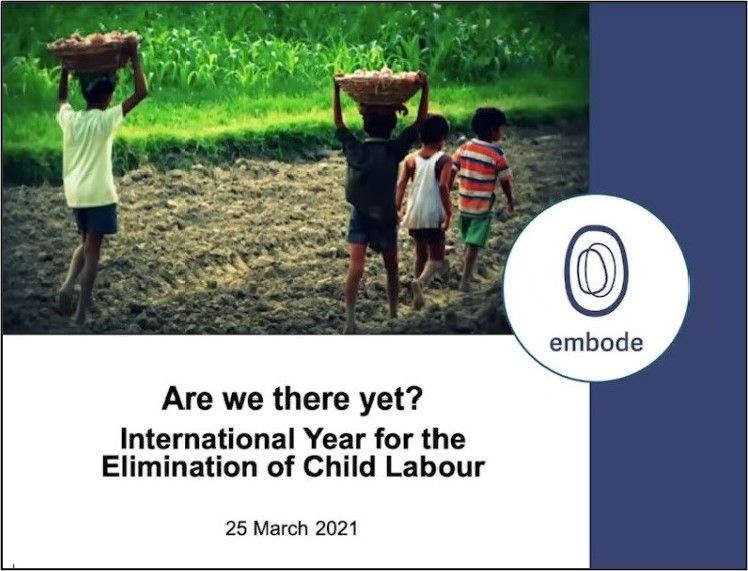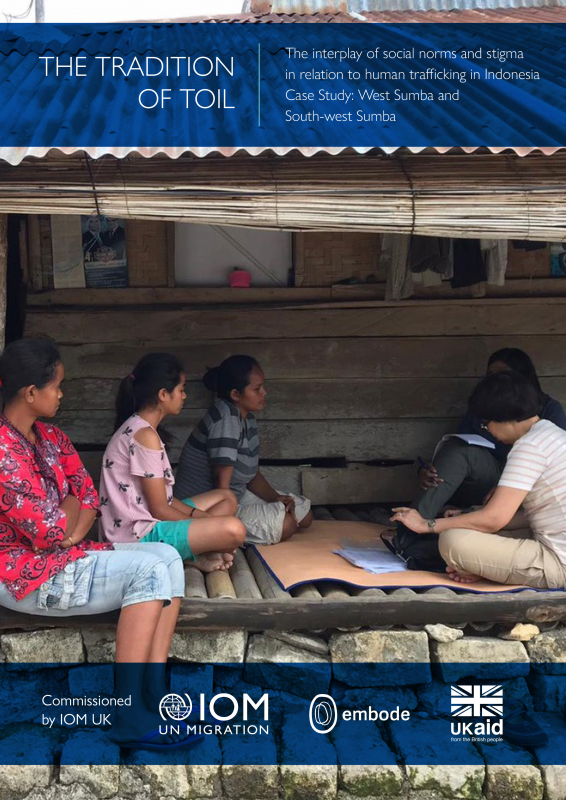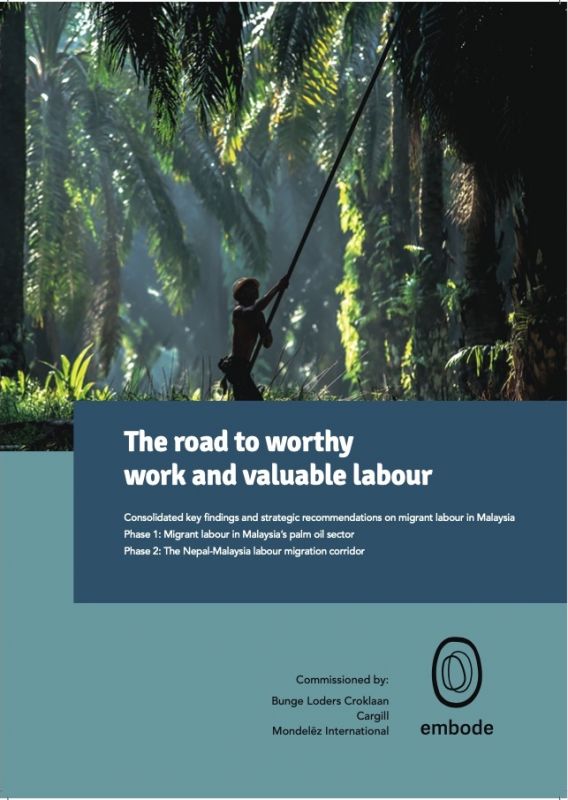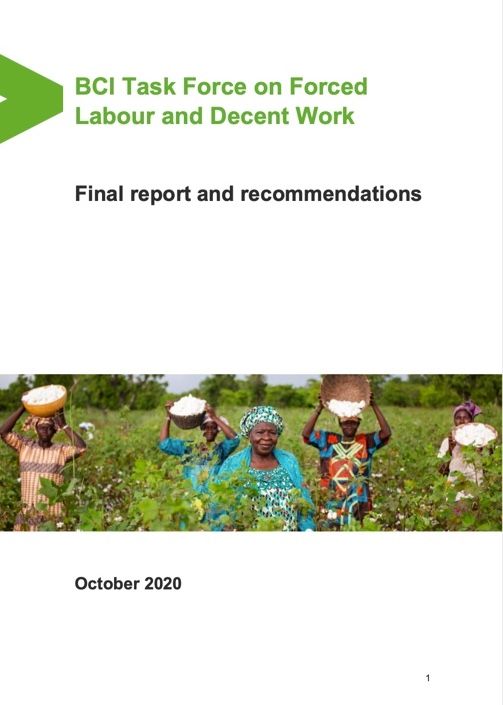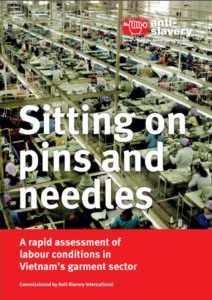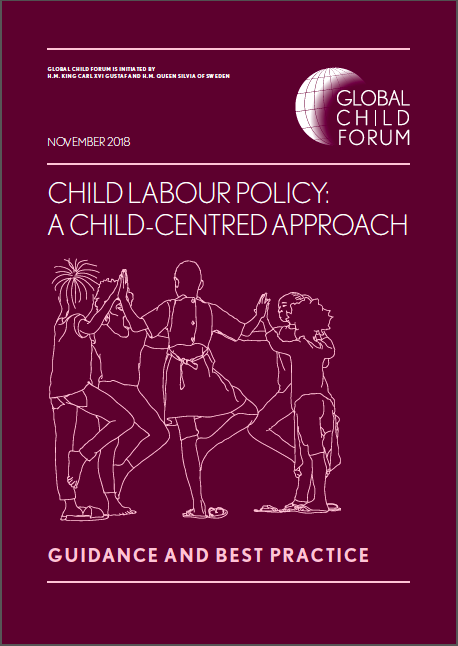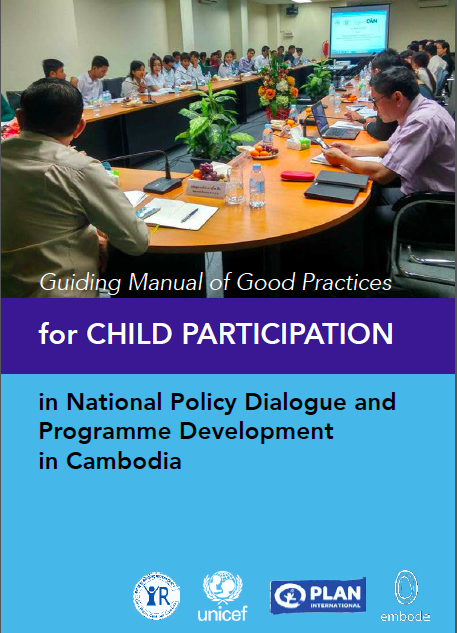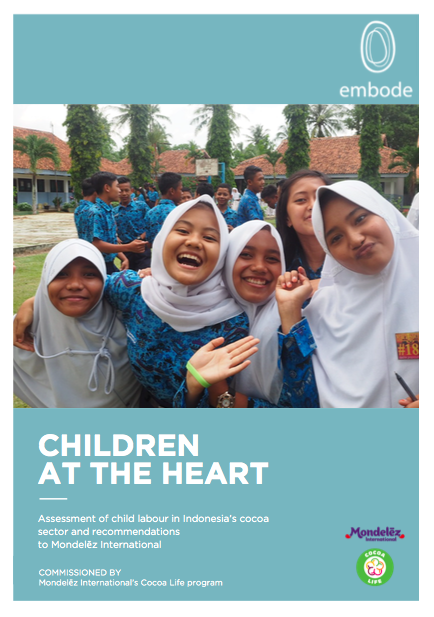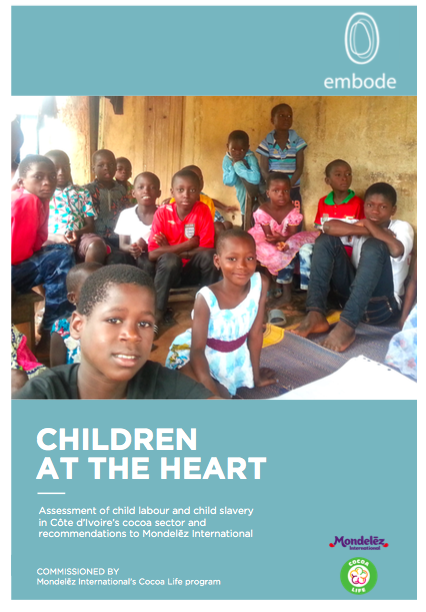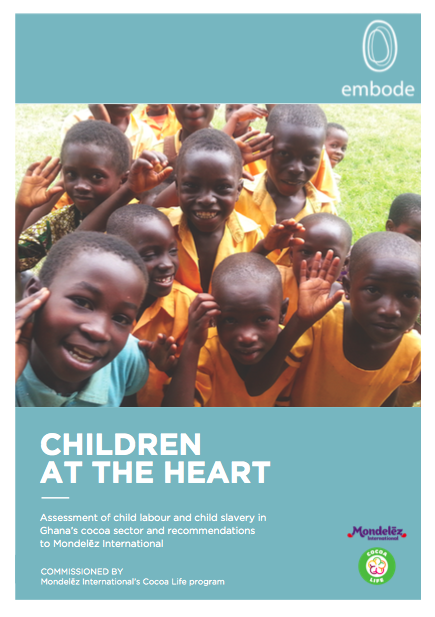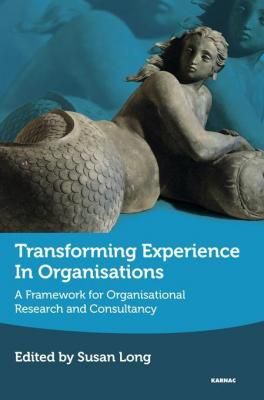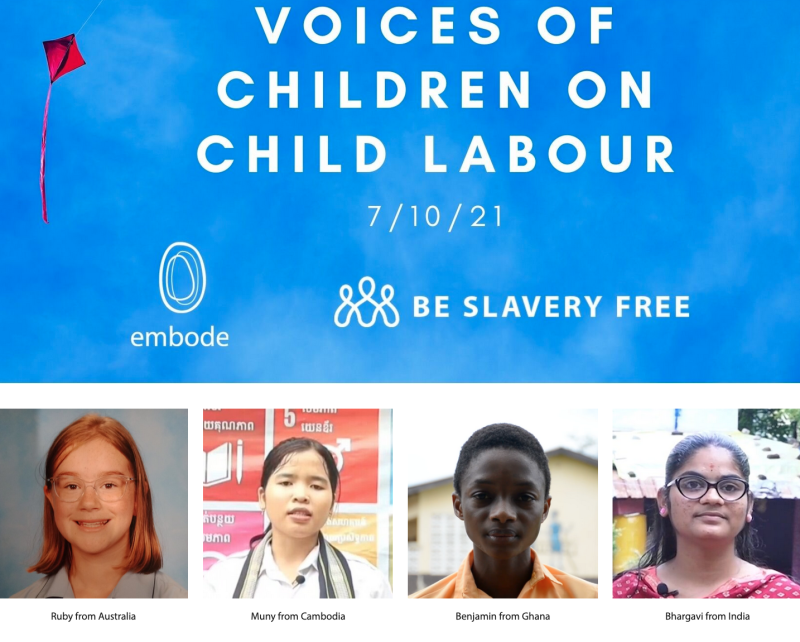
Webinar Series Part 4 - Voices of children on child labour
The Be Slavery Free – Embode five-part webinar series held in 2021 explores the complexities of child labour. The fourth in the five part series is very special, because we hear direct from children and young people sharing their insights and perspectives on child labour in their lives and communities.
The wonderfully articulate young panellists include 17-year old Muny from Cambodia, 16-year old Bhargavi from India, 13-year old Ruby and 14-year Benjamin from Ghana. The panellists not only share about their own stories but also advocate on specific demands they see as important. Near the end of the session, the young panellist also get a unique opportunity to pose and answer questions to each other.
We are grateful NGOCRC Cambodia, M V Foundation (MVF) and World Vision Ghana for their support to the young people and facilitating their participation on the panel.
Watch the webinar here.


